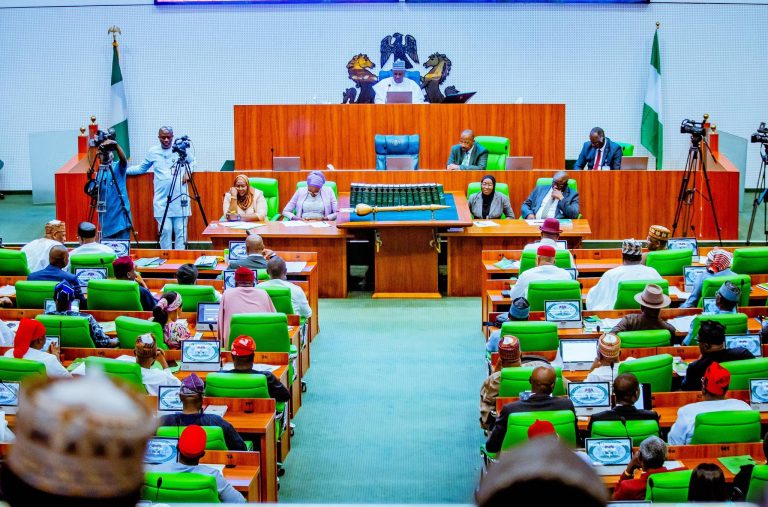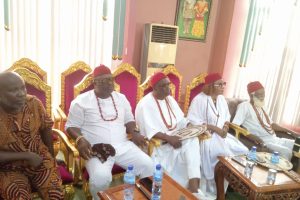
A bill seeking to remove the constitutional immunity granted to the Vice President, Governors, and Deputy Governors has passed its second reading in the House of Representatives.
The proposed legislation, which aims to amend Section 308 of the Nigerian Constitution, was debated and approved for further consideration during Wednesday’s plenary session.
Bill to End Executive Immunity Gains Momentum
The bill, sponsored by Solomon Bob, a Peoples Democratic Party (PDP) lawmaker from Rivers State, aims to promote accountability in public office by allowing these high-ranking officials to face criminal and civil prosecution while in office.
Currently, Section 308 of the Nigerian Constitution grants immunity to the President, Vice President, Governors, and Deputy Governors, shielding them from prosecution while they serve in office. If passed into law, this amendment would mark a significant shift in Nigeria’s legal and political landscape, ensuring that public office holders can be held accountable without waiting for their tenure to end.
House Also Pushes for Constitutional Role for Traditional Rulers
In addition to the immunity bill, lawmakers also advanced a constitutional amendment bill seeking to establish a formal role for traditional rulers within Nigeria’s governance system.
The proposed amendment aims to:
- Recognize traditional rulers’ advisory role in governance.
- Enhance their influence in policy-making at the local and state levels.
- Strengthen their contribution to national unity and cultural preservation.
The bill is part of a broader constitutional review process, which includes 42 proposed amendments focused on power devolution, institution-building, state creation, fundamental rights, local government reforms, and citizenship issues.
Major Local Government Reforms Also in Progress
On Tuesday, the House approved 39 constitutional alteration bills for second reading. Among them was a controversial bill aimed at removing local government as a constitutionally recognized and federally funded tier of government.
The second bill, also sponsored by Solomon Bob, seeks to:
- Transfer local government creation and funding from the federal government to the states.
- Reform local government administration to enhance transparency, accountability, and efficiency.
- Strengthen the autonomy of local governments while ensuring their operations align with democratic principles.
Implications of These Amendments
If these constitutional amendments are successfully passed, Nigeria could witness:
- Increased accountability for top government officials as immunity is lifted.
- Greater inclusion of traditional rulers in governance.
- A major shift in local government administration, potentially giving states more control over their local councils.
As the legislative process continues, these proposed changes will likely spark nationwide debates, particularly regarding their impact on governance, political accountability, and state-federal relations.




